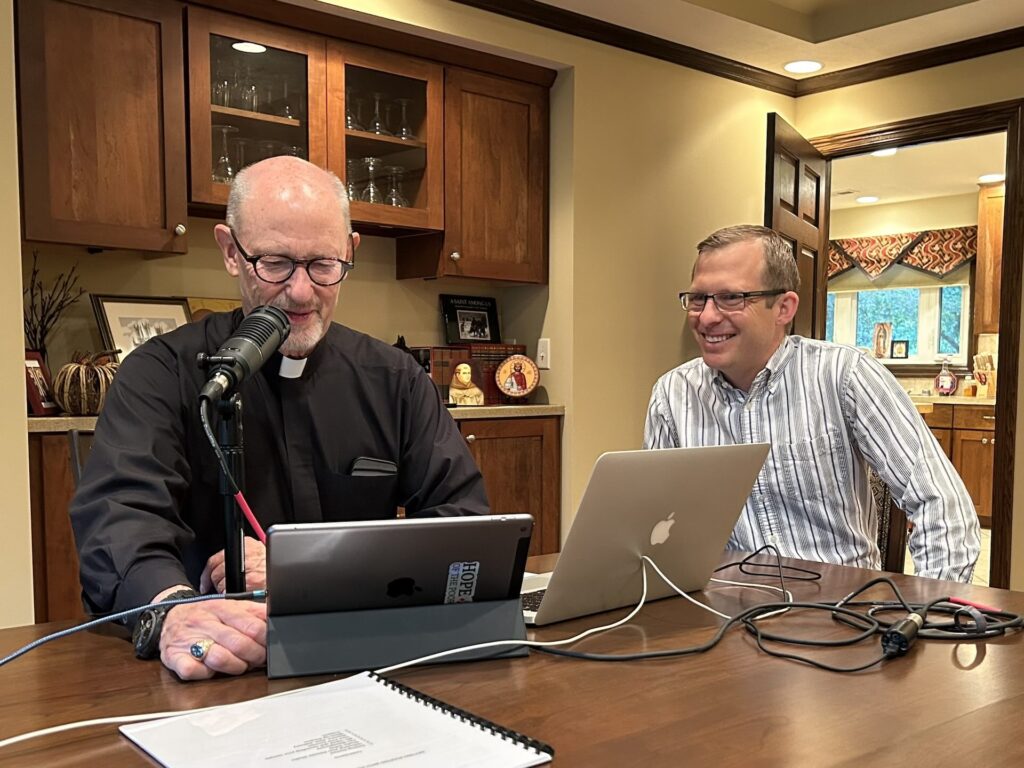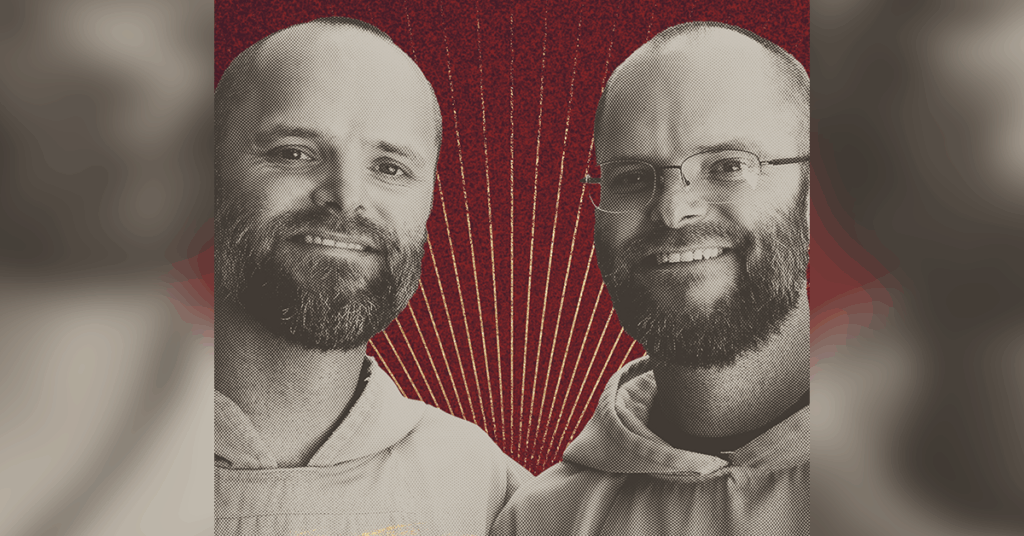For affliction does not come from the dust, nor does trouble sprout from the ground; but man is born to trouble as the sparks fly upward.
(Job 5:6-7)In the world you will have tribulation; but be of good cheer, I have overcome the world.
(John 16:33)Had there been a better way, more profitable to the salvation of mankind than suffering, then Christ would have revealed it in his word and life. But he clearly urges both his own disciples and all who wish to follow him to carry the cross. (Imitation of Christ, Chapter 37)
To begin, we can make a simple though important observation: human suffering is universal.
It is a consequence of the Fall and there is no escaping it.
In our current world, this reality is often fiercely resisted, so it is worth a little elaboration.
St. Padre Pio, when asked what he had learned about humanity after years in the confessional with thousands of people, gave a brief answer: people suffer much more than we think they do.
If we could quantify the amount of suffering among almost any group of people, the measure would be overwhelming.
We generally hide our sufferings from one another, usually out of kindness.
But this mustn’t lead us into the error of thinking that people around us are not suffering, often sharply.
Suffering is so universal that one of the world’s major religions, Buddhism, states as its First Noble Truth: “To exist is to suffer.”
While some people experience more intense suffering than others, no one can avoid suffering entirely.
The point is not to develop a gloomy, fatalistic attitude toward life, but to avoid falling into a false sense of isolation and injustice when we suffer.
In a world that denies the necessity of suffering and constantly supplies us with images of happy people free of trouble, we can think that we suffer alone.
We see others in seeming contentment, going about their business, while we alone are unfortunate.
We can wonder why we‘ve been left out and were never invited to the party, and we can waste a lot of time looking for that party.
This is a trap and often a lie of the devil.
There is no such party, and no such people immune from suffering.
This delusion, a wallowing self-pity that often leads to bitterness, may be the most dangerous response to suffering we can have.
The possibility of suffering is part of God’s providential plan.
He did not originally desire that the human race should suffer.
But God did desire something else of surpassing goodness: to create sons and daughters who would freely offer their love to him.
Our freedom to turn our backs on the goodness of God includes the possibility of suffering.
It is the reverse side of the great dignity God has granted to us.
So, brothers, the question we face concerning suffering is not, “Why am I suffering?” but instead, “What will I do with my suffering? How will I respond to it?”
It makes all the difference to answer that question rightly.
We will be looking into how to do that in the days ahead.
For best results, take these reflections one day at a time.
Sit with them, and invite the Lord to bless you with his truth and goodness as you reflect.
Let us turn again to the proper questions for reflection today: the question is not, “Why am I suffering?” but instead, “What will I do with my suffering? How will I respond to it?”




